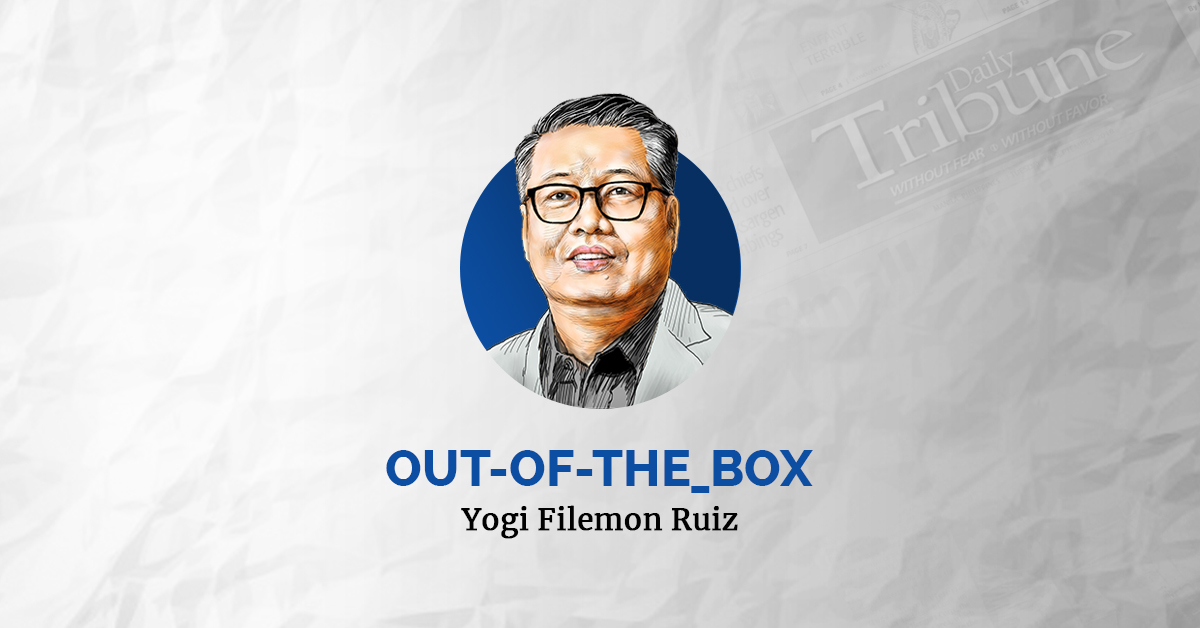Often remembered only when their special day is marked, the nation’s heroes deserve more than passing mention in a two to three-paragraph story either buried in the inside pages or turning up in a rehashed editorial or opinion piece. It’s that time of the year again when many of us take a day – or a long weekend off – for beach bums or sun worshippers, or take the occasion to do our laundry, declutter closets, reunite with old friends or relatives, catch up with reading books you meant to curl up with on a rainy day, or the time when you give your pet dog a shampoo and a brisk rubdown. It is a day all wage-earners look forward to because it means extra holiday pay or a fatter paycheck.
In short, except for their kin and descendants of their closest friends who attend obligatory rites at national shrines, we often take our heroes for granted, storing them temporarily in the dustbins of history, only to be resurrected at the next celebration of National Heroes Day or Araw ng Mga Bayani.
Students recite their names by rote only to pass history or related subject tests, mouthing facts and figures without paying attention to their meaning or importance in the Philippine setting.
Bonifacio, Rizal, Aguinaldo, Mabini, Antonio and Juan Luna, Gabriela and Diego Silang, Jose Abad Santos, Josefa Llanes-Escoda, Maria Orosa, Gen. Vicente Lim, and countless others. Youngsters often recall these personalities only because several streets, towns, and military camps have been named after them.
When the award-winning film “Heneral Luna” was shown to capacity crowds with Apolinario Mabini, often called the “Brains of the Philippine Revolution” and the “Sublime Paralytic” playing a stellar role, many in the audience wondered aloud why he was always shown in a seating position.
Parents who were fortunate enough to have been raised by families with more than textbook or quiz/trivia knowledge of the making of our history through the participation of these remarkable figures decry the fact that many of today’s youth are more familiar with the eating or wardrobe preferences as well as the latest squeeze or amour of their favorite Korean or Hollywood idol than the roles played by Gabriela Silang, Antonio Luna, or Llanes-Escoda in the resistance against Spanish, American, and Japanese invaders.
Some young people and even adults are known to sing all of their idols’ top hits by heart at the drop of a hat. Still, they need to be made aware of the contributions of Nicanor Abelardo, Lucio San Pedro, and Sister Rosalina Abejo to the richness of Philippine music.
Is this sad state of affairs a result of the failure of history and arts and culture classes in our school’s curriculum, a lack of trained teachers to teach these courses, or simply growing disinterest in these subjects among our students? Have the heroes who are supposed to serve as role models or inspirations not only for the young but to the citizenry in general lost their luster or have faded glory?
It would be a pity if such is the case, especially in these times when we need them most to rally behind a cause, symbolize or motivate advocacy, or provide us hope in a world tottering on the brink of war, facing disease, hunger, and the disastrous effects of climate change.
While we should not forget those, who led us towards the path of independence from the harsh consequences of foreign rule that destroyed countless lives, bred insurrections, and almost obliterated our sense of pride and national identity, let us not forget those in our midst who continue to tread the less-traveled road and remain anonymous.
In recent times, these are the modern-day heroes like the brave and persevering soldiers who man the worn out and ready-to-fall-apart BRP Sierra Madre entrenched on Philippine soil at Ayungin Shoal in the West Philippine Sea, despite continuing threats and harassment from the Chinese Coast Guard whose government insists the Shoal is theirs. A July 2016 Permanent Court of Arbitration ruling under the United Nations said, “China’s nine-dash line claim over the disputed waters is invalid.”
From the start of the Covid-19 pandemic, first responders or front liners like doctors, nurses, and others in allied professions were acknowledged as the heroes of the day, alongside countless supporters who donated medical equipment and facilities and organizers of community pantries that provided a seemingly endless supply of food to those in need.
They are our firefighters, police and military forces (despite a rotten few), peacemakers, teachers, and rescuers in mercy missions to save lives in areas hit by floods, earthquakes, volcanic eruptions, and other violent forces of nature.
They may even be a neighbor who helps the homeless or vagrant by giving him not only food but odd jobs to keep them off the streets and away from the wretchedness of begging, a friend who has opened up her home to stray cats and dogs, a plant nursery owner who donates saplings and seeds so others can learn – and profit – from the joys of gardening. These community leaders have made a difference by initiating livelihood projects in their respective neighborhoods.
It could even be you. Leading by example, you can teach others that settling tax obligations, obeying traffic rules, and paying it forward is all about being a good citizen. According to one wise man: “Heroes prove to us that no matter how much suffering there is in the world, there are supremely good people around whom we can count on to do the right thing even when most people are not prone to do so.”
